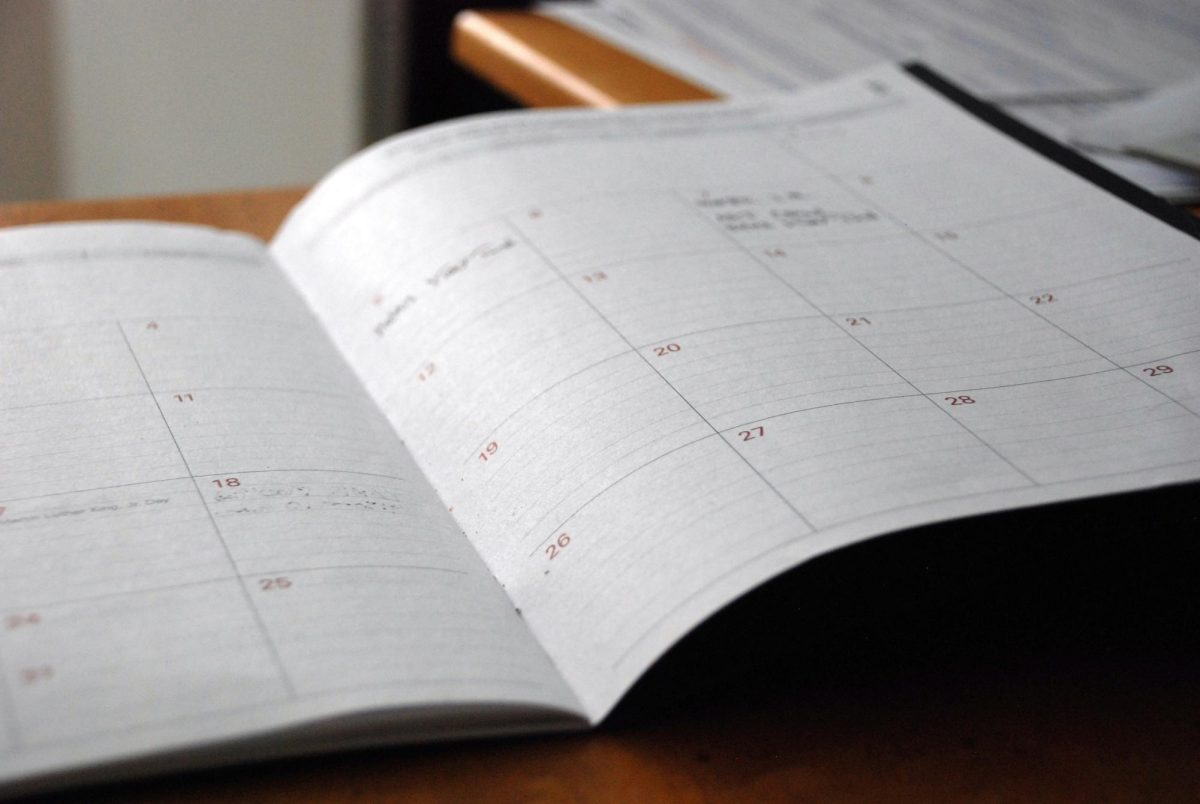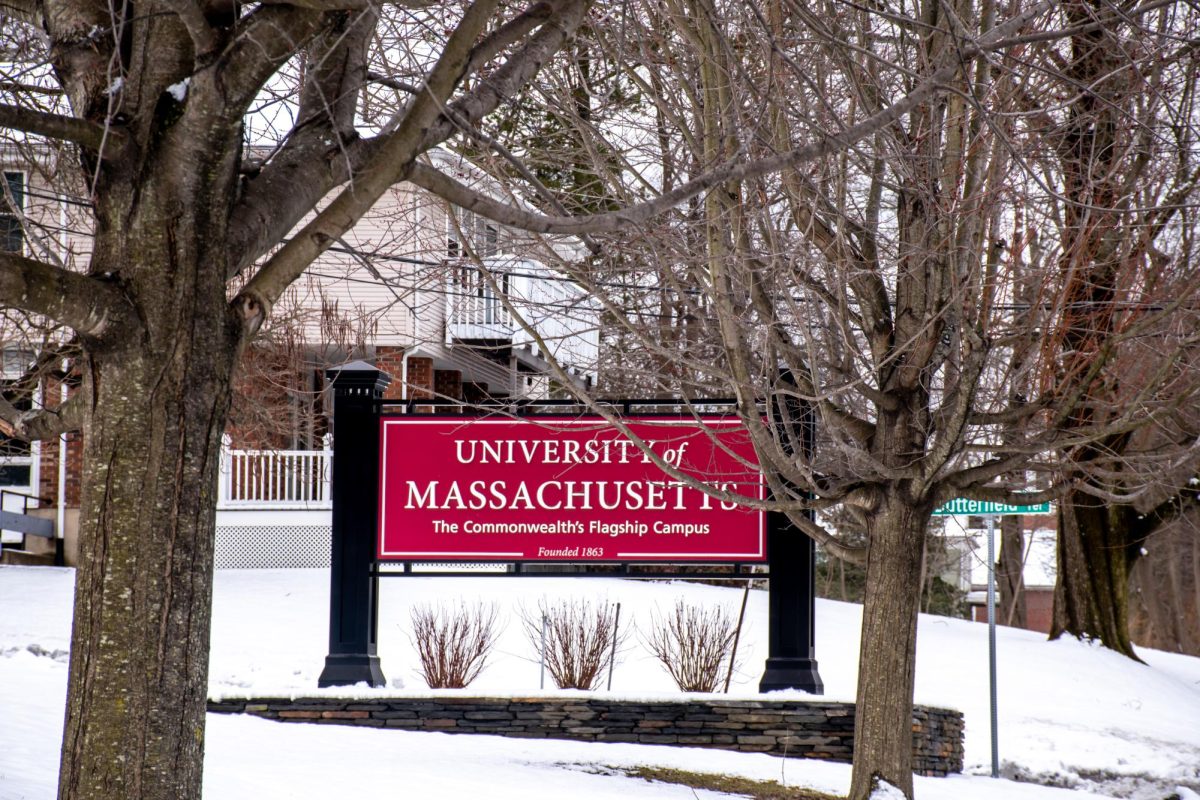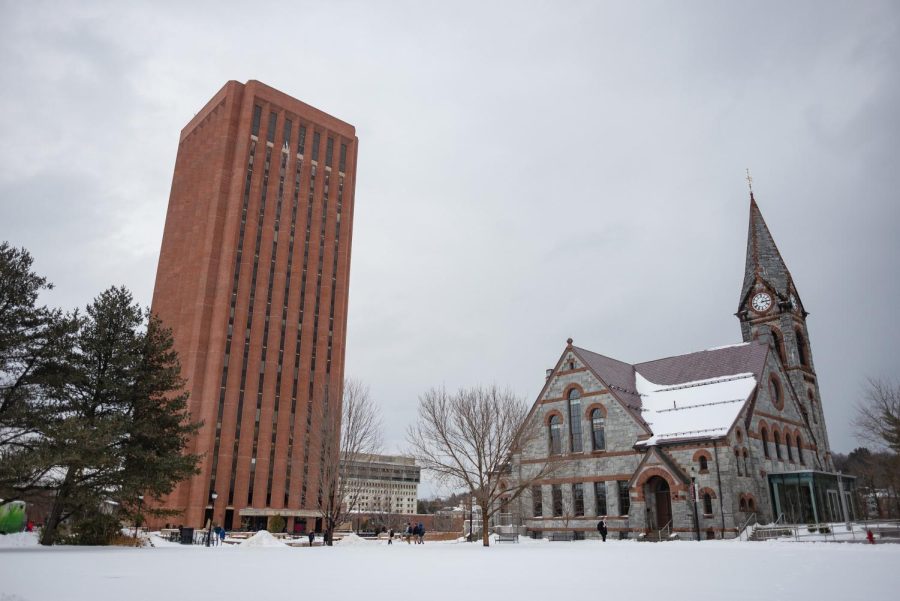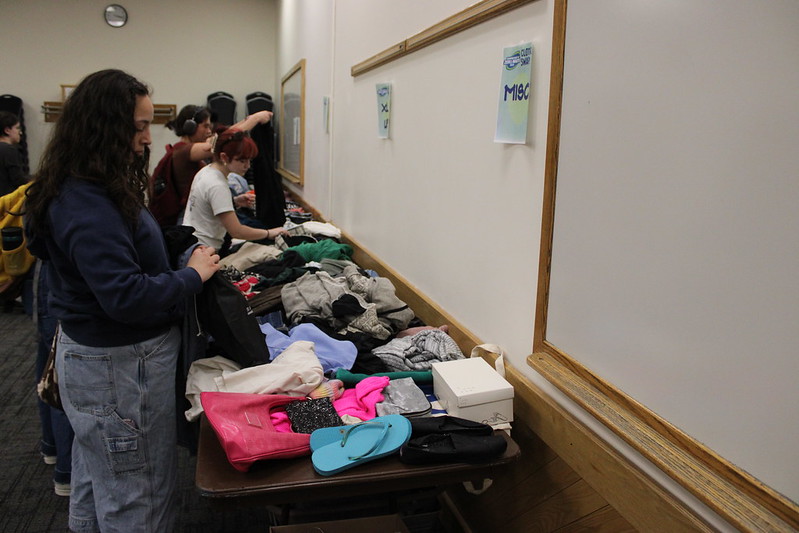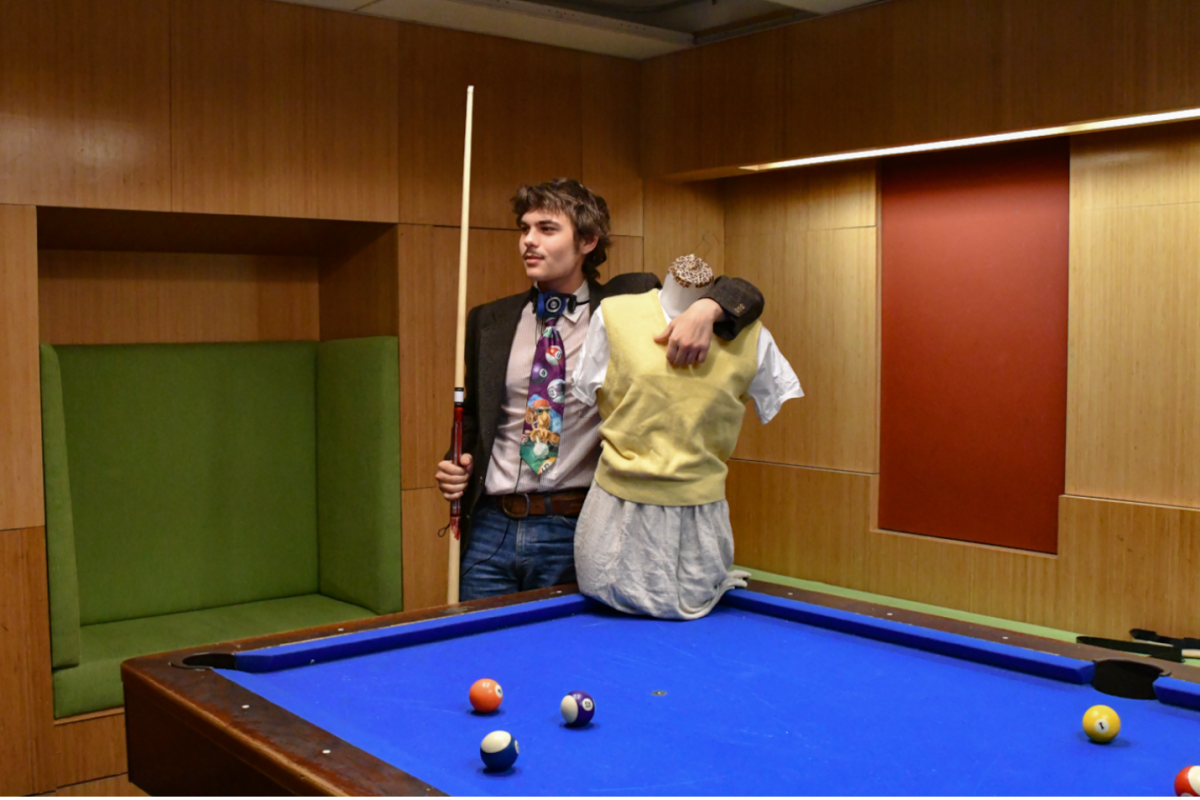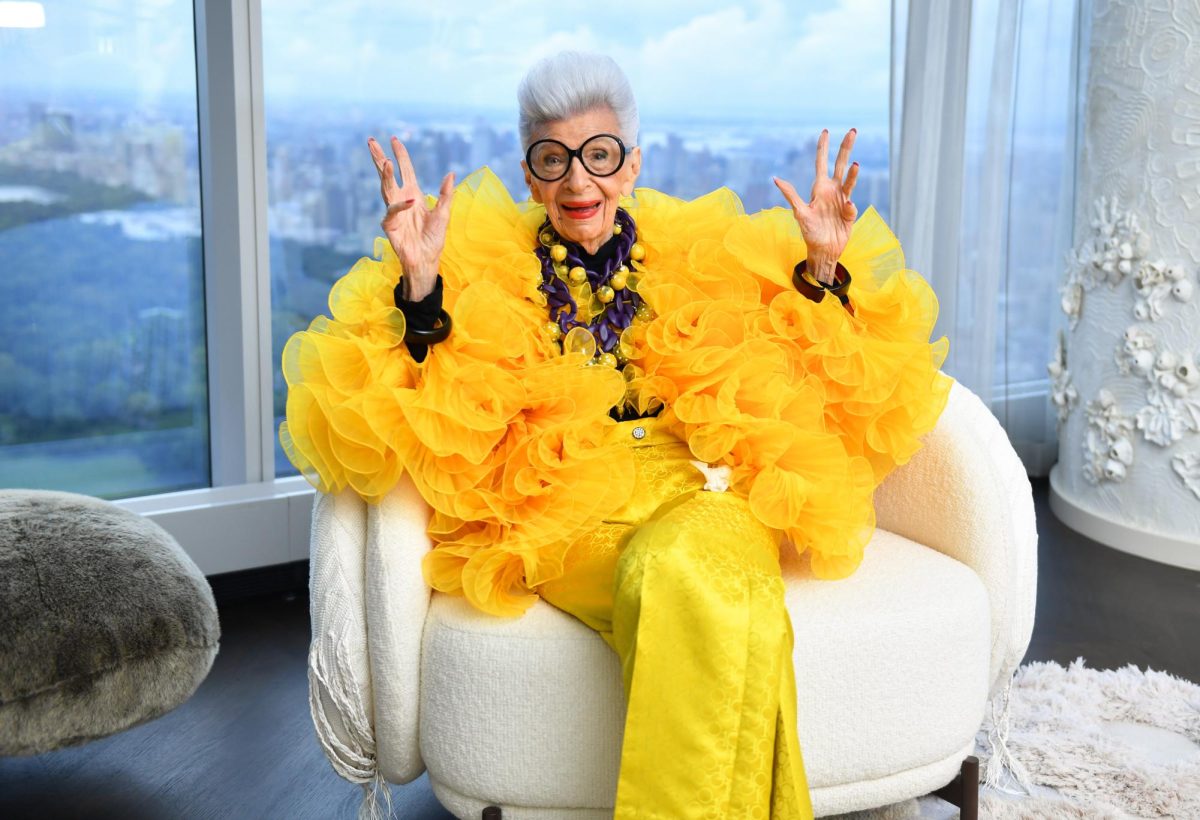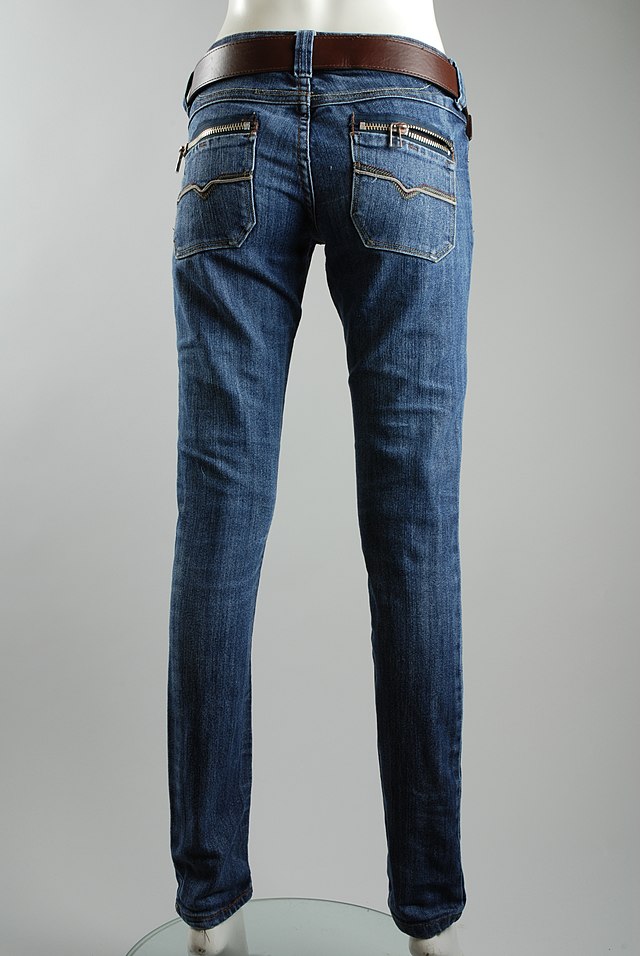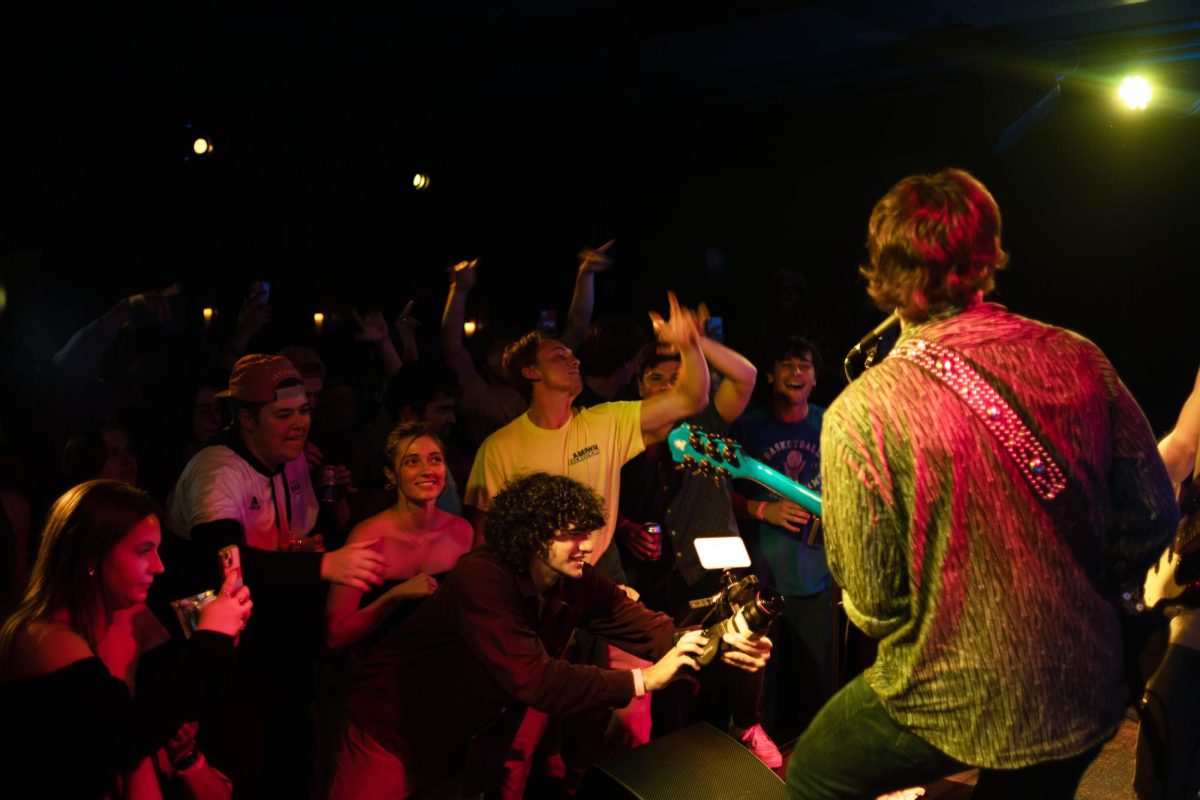
Tonight, the Fine Arts Center will be hosting the performers of “SamulNori: Korean Dance and Drums” in their Concert Hall at 7:30 p.m. The words “SamulNori” in Korean loosely mean “to play four things,” which is translated literally on stage by the performance’s four instruments.
The four instruments are the kwaengwari, jing, janggu, and buk. These strange sounding music makers are all varieties of ethnic drums. The performers use each individual drum to produce a different environmental element (lightening, wind, rain and clouds). The sounds they make together, produce a story for the audience.
The kwaengwari takes on the element of lightening because of its metallic sound. The jing represents the element of wind because of its “curved” sound that is said to imitate the valleys of Korea. The janggu portrays rain because of its ability to create a soft pitter patter sound on one side and a deeper sound on the other. With its strong rhythms and loud volume, the buk is said to represent clouds.
Each of the drums sets the tempo and rhythm as it weaves a story. Expertly costumed, dancers perform portraying farmer’s work.
SamulNori is derived from a combination of Buddhist roots, farmers’ folk music and traveling performers called Namsadang. The biggest players in SamulNori are Kim Duk Soo and his ensemble.
SamulNori was founded in 1978 by Kim Duk Soo, the group leader and master of the janggu. Since then, SamulNori has become a leading traditional performance in Korea that is taught to 30 students every once in a while that are selected by Duk Soo. Besides being influenced by farmer folk music (nong-ak) it is also influenced by religious music (pinari). Duk Soo has been recognized as one of 50 most influential figures in Korea in the last 50 years. SamulNori has received many awards, and has toured in such countries as Germany, the United Kingdom, Austria, Italy, the United States, Sweden, Switzerland, China, Japan, Australia and Greece.
Duk Soo was born in Taejon, Choongchung Province in 1952. By the age of seven, he was already considered a child prodigy with drums, and because of this he traveled all over the world. He later experimented with different instruments and styles when he studied at the Korean Traditional Music and Performing Arts School in Seoul. Throughout his career, he created not only music performances but also theater and dance performances as well. SamulNori combines music, theater and dance. Duk Soo had four specific purposes in creating the group: to become more acquainted with and research traditional Korean music, to study other traditional musical instruments and percussions of different cultures and to create new music and the opportunity for students to educate themselves in Korean percussion.
The performance is open to the public, and tickets range from $10 to $30.
Vincenza Parella can be reached at [email protected].







